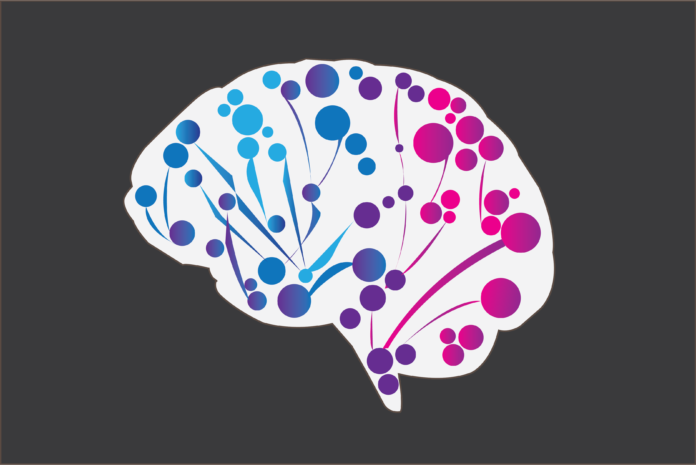The festival commemorated the 30 year anniversary of the UC Davis Center for Neuroscience
By ISABELLA KRZESNIAK — campus@theaggie.org
On March 12, the UC Davis Center for Neuroscience hosted NeuroFest 2022, a free event where faculty and graduate students shared neuroscience research with the public. The event took place at the UC Davis Conference Center and marked the center’s 30-year anniversary. It also coincided with Brain Awareness week, a campaign organized by the Dana Foundation to bring attention to neurological research.
The festival featured four keynote speakers whose respective fields, according to Center for Neuroscience Director Kimberley McCallister, highlighted the strengths of neurological research at UC Davis. The presentations covered neurodevelopmental disorders, mental health issues, memory and brain-computer interfaces.
“The event was this really nice community-centered learning opportunity,” said Christina Kim, a keynote speaker and an associate professor for neurology. “Neuroscience-related faculty gave a really broad overview of their respective fields and what advances we’ve made in understanding over the past 30 years, how their research is trying to fill in existing gaps and envisioning what the next 30 years are going to look like.”
Kim’s research is centered on imbalances in neurochemicals and neural activity and how these can contribute to mood changes. She prefaced a discussion of her current research with a history of discoveries in pharmacology, as they relate to neuropsychiatric disorders. Kim said she enjoyed presenting to both community members and scientists.
“Typically, when you are training to be a scientist, you don’t get much practice in giving these kinds of talks where you’re speaking to the public and figuring out the best way to distill your research in a way that’s understandable and interesting,” Kim said. “The majority of presentations that we normally give are geared more toward purely scientific audiences, so it’s a big change to give a public talk.”
David Segal, a keynote speaker and a professor of biochemistry and molecular medicine, spoke about his work with gene therapy and treating rare neurological diseases such as Angelman Syndrome, which results in a host of cognitive impairments and communication issues. Despite the relative infrequency of a given rare disease, these diseases as a whole affect more people than cancer and AIDS combined, according to Segal.
“The government can’t fund research for these rare diseases and companies aren’t as interested in trying to develop therapies for this, so I think there’s an important role for an academic center for interventional genetics that we put together here at UC Davis,” Segal said.
The festival also offered interactive booths organized by graduate students for attendees to learn about neurobiology. The booths, which were available throughout the event, featured activities that ranged from monitoring one’s brain activity to observing neurons on a microscopic level.
The event also featured NeuroBlitz, a competition where graduate students presented their research and audience members voted for the best presentation.
“NeuroBlitz challenges our graduate students to sum up their research in a succinct talk, similar to an elevator pitch, that is geared toward a general audience,” Kostas Zarbalis, an associate professor of pathology and laboratory medicine who worked with the contestants, said.
Neuroscientists were also invited to submit art that represents their research. The NeuroFest Committee selected the eight best submissions, displayed them at the event and invited attendees to vote for their three favorites.
“The NeuroFest concept is really unique, and it’s not something that I had an opportunity to participate in at any other institution I’ve been at,” Kim said. “Other universities don’t really have this kind of openness, and I appreciate this blend between Davis community members and Davis researchers.”
Written by: Isabella Krzesniak — campus@theaggie.org




